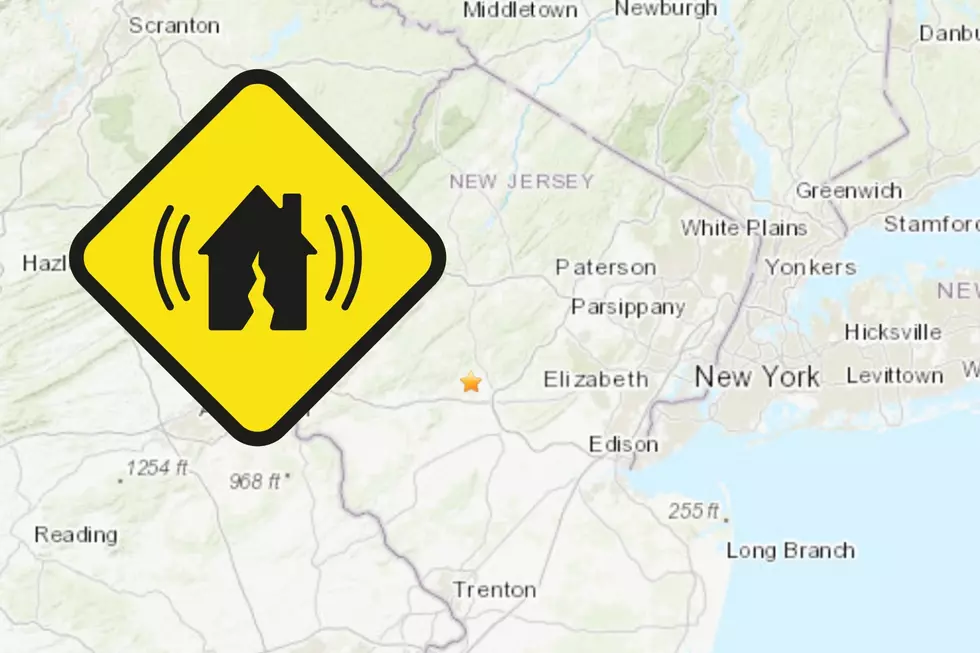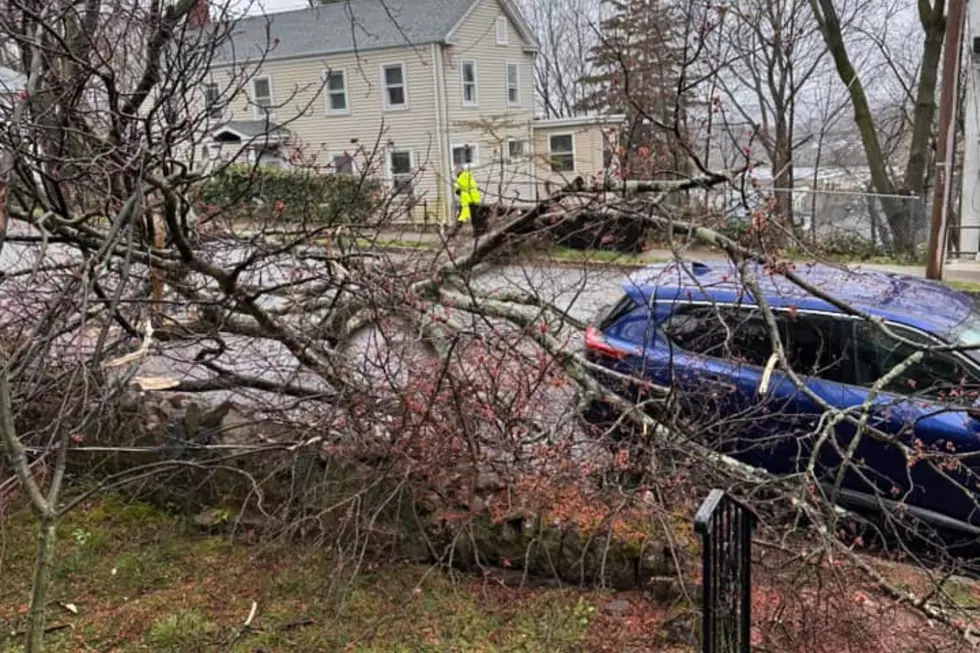
How Somerset County saved 2,000 NJ residents from COVID eviction
On Tuesday, the Somerset County Board of Commissioners approved allocating up to $1.6 million from the American Rescue Plan to add to a previous, $7.7 million federal Emergency Rental Assistance Program grant for which an application deadline expired in mid-April.
The total funding in excess of $9 million, the county said, is preventing the eviction of more than 2,000 residents from almost 900 households in the aftermath of COVID-19 moratoriums being lifted.
Commissioner Director Shanel Robinson said the effort she and her colleagues undertook actually began by ensuring landlords were made whole.

"We went through a process of identifying tenants and landlords who were part of that cohort that may have been behind on their rent, and/or landlords that had not been able to collect," Robinson said.
The average support package offered to households so far has been valued at just under $10,000 for up to 12 months in rental arrears, three months' forward rent, and utility bill assistance, according to Robinson.
The county reported that 18 of its municipalities have received rental assistance funding, led by Franklin Township at close to $2.9 million, and Black residents comprised about half of those who self-identified their race or ethnicity.
"Hopefully that'll get us through this next phase, but again, we are continuing to monitor the situation," she said. "It's very fluid. We just want people to be made whole and be stronger than before the pandemic."
Other New Jersey counties, Robinson said, may have farmed out their process for handling this emergency assistance, or hired outside consultants.
But Somerset County identified people within its borders who could be ambassadors, helping with applications at the county's libraries.
Doing this broadened and maximized the county's outreach potential, according to Robinson.
"Mobile services and meeting people where they are, not just meeting their needs where they are, but physically being amongst them in the community where they actually live," she said. "Certainly, as we're coming out of or emerging from this pandemic, we want to make sure that everyone is on solid ground, but especially our most vulnerable populations."
While no one legislative body has all the answers on how to lift its residents out of pandemic-related financial stress, Robinson said, collaboration leads to better outcomes for all.
So no matter what county a New Jersey resident is from, she suggested reaching out to local elected officials and agencies in times of need.
Patrick Lavery is a reporter and anchor for New Jersey 101.5. You can reach him at patrick.lavery@townsquaremedia.com
Click here to contact an editor about feedback or a correction for this story.
LOOK: States With the Most New Small Businesses Per Capita
Every NJ city and town's municipal tax bill, ranked
New Jersey's new legislative districts for the 2020s
More From New Jersey 101.5 FM









